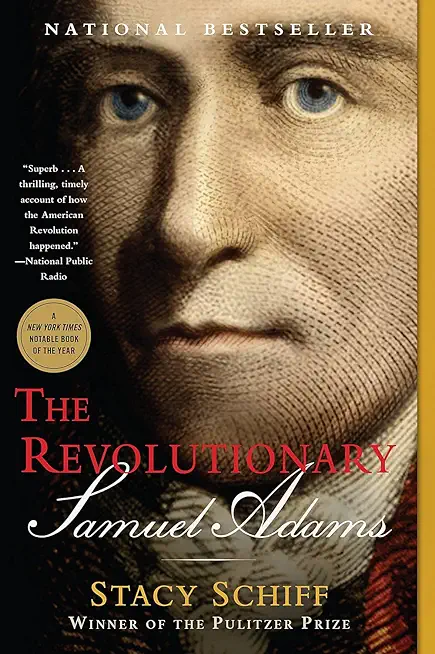
During his seven-decade career in public life, George Sewall Boutwell sought to "redeem America's promise" of racial equality, economic equity, and the principled use of American power abroad. From 1840 to 1905, Boutwell was at the center of efforts to abolish slavery, establish the Republican Party, assist President Lincoln in funding the Union war effort, facilitate Lincoln's Emancipation Proclamation, impeach President Andrew Johnson, and frame and enact the Fourteenth and Fifteenth civil rights amendments. He helped lay the foundations of the modern American economy with President Grant, investigated white terrorism in Mississippi in the 1870s, and opposed American imperialism following the Spanish-American War alongside Andrew Carnegie, Mark Twain, and Booker T. Washington. The son of a Massachusetts farming family of modest means, George Boutwell would do battle during his career with American political royalty, including Henry Cabot Lodge and Teddy Roosevelt.
The first major biography of an important public figure who has long been hiding in plain sight, Boutwell is as much a history of nineteenth-century US politics as it is a critique of the failures of governance during a turbulent and formative period in American history.







